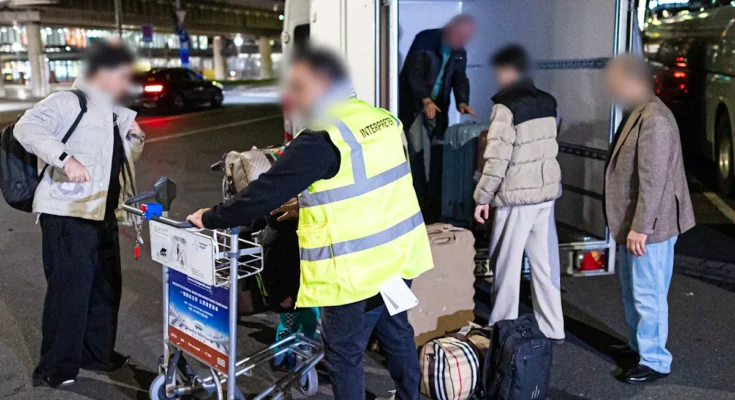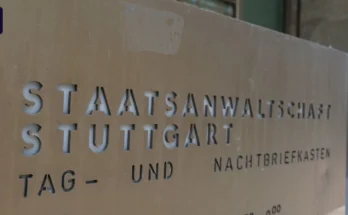The federal government actually no longer wants to allow endangered Afghans who have received federal admissions programs to come. Those affected often sue, but are often successful. In some cases, the court even threatened the government with fines if it did not implement its decisions.
Many accepted Afghans were successful in their lawsuits against the federal government. This is based on information from state administrative courts in Berlin and Ansbach, Bavaria.
It is about people in federal admissions programs who are admitted to Germany because of certain risks. Many have been waiting for entry visas in Pakistan for months.
Of at least 117 urgent proceedings that have been received by the Berlin Administrative Court since mid-May, 49 have ruled in favor of the applicants. In most cases, the federal government is required to issue visas, and in some cases simply to make the decision. In 18 cases, urgent appeals from those affected were rejected, 41 cases remained open as of October 31. The figures are not necessarily complete, a court spokesman said.
In 14 cases so far, courts have threatened the federal government with fines, usually amounting to 10,000 euros, because the federal government did not take action to implement court decisions. As far as can be seen, payment of fines has not been imposed.
However, the Ministry of Foreign Affairs does not always issue visas when requested by a court. In some cases, the responsible Federal Office for Migration and Refugees (Bamf) has withdrawn or revoked the acceptance letters. “This practically eliminates the basis of visa entitlement for each applicant,” the court explained.
According to the Federal Ministry of the Interior responsible for Bamf, there is no connection. “The review of the revocation or withdrawal of the confirmation of acceptance of the federal admissions program for Afghanistan is carried out independently of the ongoing urgent or legal process for visa issuance,” a spokesperson explained. “Therefore, an overlap between the ongoing cancellation procedures and the urgent submission of visa applications cannot be ruled out.”
Some of those affected have protested this in the Ansbach district court because of Bamf’s location in Nuremberg. According to a court spokesman, there are about 30 known cases there.
In two-thirds of cases, the Federal Office justified the revocation on the grounds that there were security concerns for those affected. In this case, 90 percent of the courts followed the plaintiffs – and not the federal government.
In a third of cases, Bamf has withdrawn its data on the grounds that there was no or no further persecution in its country of origin. In this case, all urgent proceedings were decided against the Federal Office, a court spokesman said.
In most of the roughly 30 cases in total, trials have been halted because both sides have received urgent decisions. The trial process in the main process only occurs in a handful of cases.
The black federal government halted an admissions program for highly vulnerable Afghans in May. The federal government recently offered money to some of these people if they leave the program. Many Afghan families have been waiting in Islamabad for months or even years.
dpa/dol



